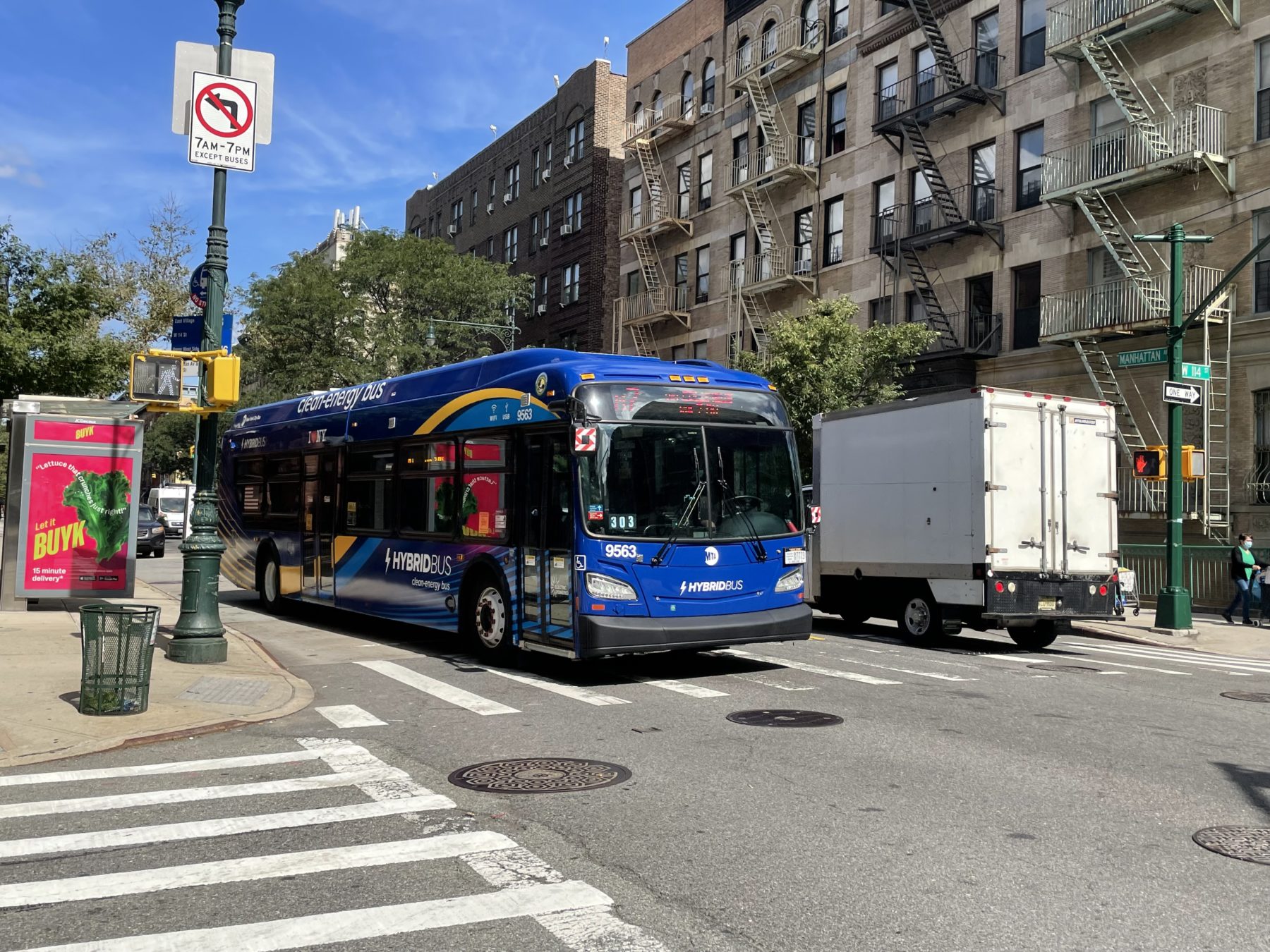
Charlie Muniz, 57, has been working as a cleaner at subway stations with the Metropolitan Transportation Authority for more than seven years. He has twice tested positive for COVID-19: at the beginning of the pandemic in March 2020, when he also passed it on to his 25-year-old daughter, and in May of this year. The second time, Muniz said, he also contracted pneumonia. He kept getting dehydrated and couldn’t keep up with the necessary fluids. He developed diarrhea and lost 25 pounds in two weeks. The hospitals were full, and he didn’t want to go anyway because his coworker died at the nearest one.
“I don’t want to die at the hospital,” he said. “It was better to quarantine at home and not spread it to anyone.” He said he has lost two friends from the virus.
But Muniz said he is still not afraid of the virus and he will not get vaccinated.
Muniz does not trust the Moderna vaccine because of how new the company is, he said. (The company was founded in 2010.) He said he doesn’t trust Pfizer or Johnson & Johnson vaccines because the companies donate to politicians. He also said has a problem with vaccines in general.
“Vaccines have contributed to, what I gather, is autism,” he said. (That is false: Links between vaccines and autism have been disproven, according to the Centers for Disease Control and Prevention.)
Muniz has some company among his fellow MTA employees, whose 70% rate of getting at least one dose of a vaccine lags behind the 80% rate of New York City adults overall. In an attempt to close the gap, the MTA will only hire new employees who have received been fully vaccinated against COVID-19 starting Nov. 14, and has introduced mandatory weekly testing for unvaccinated employees starting October 4.
Janno Lieber, interim chief executive officer of the MTA, said in a board meeting last month that the MTA is making some progress. “The combination of high vaccine rates and mask wearing is definitely making our system very safe,” he said in a press conference after the meeting.
Data obtained from the MTA in September showed 55.8% of employees have received one dose of the vaccine. But an MTA spokesperson said in an email that this data only reflects the number of people who have shared their vaccination information with the MTA, and that employee surveys showed that an additional 15% to 20% of all employees have received a dose.
Muniz said he is not opposed to getting tested weekly.
“If they want me to take the test every week, I’ll take it, but it’ll be on their time,” he said.
Evangeline Byars, a train operator who attempted to run for President of the Transport Workers Union of America Local 100, which represents 41,000 workers in New York City’s public transportation system, said she also tested positive for the virus and developed pneumonia last year. Her parents in their 70s tested positive as well. They all recovered, she said.
She does not plan on getting the vaccine and is against a mandate.
“Getting a vaccination is the choice of the person,” she said. “I believe in body sovereignty, that the government should not have rights to your body if you say ‘no.’”
Vincent Tessitore is an MTA board member and the vice general chairman of the Sheet Metal, Air, Rail, and Transportation Union’s Transportation Divisions, a diverse union that many Long Island Rail Road workers are members of. He, too, is opposed to a vaccine mandate, and warned of consequences.
“There are plenty of our workers in the field that do not want to be vaccinated,” Tessitore said during last month’s in-person MTA board meeting. “We are receiving plenty of feedback that they would leave the job if it came to that.” He asked the board to give the testing program for unvaccinated employees more time. The next meeting will take place on Oct. 18.
“They feel threatened right now,” he continued. “They feel as though they are being punished because they believe what they believe.”
Vaccine mandates at other organizations and companies have not proven to result in en masse departures. At United Airlines, for example, which has roughly 70,000 employees, only 320 employees will be leaving the company after the company issued a vaccine mandate for U.S. employees, a spokesperson wrote in an email to Columbia News Service.
During the MTA board meeting, Lieber outlined the ways in which the MTA is taking steps to ensure employees are vaccinated and informed. The agency is calling employees to ask about their vaccination status and informing them about the benefits of the vaccine.
The MTA is also providing vaccines at several locations, Chief Public Safety Officer Patrick Warren said during the meeting last month. The MTA is providing tests on-site at bus depots, train yards, and at bridges and tunnels.
Some board members said that unvaccinated transit employees put the public at risk and increase the cost of MTA health plans.
“All of the leadership of the unions, by and large, have taken the jab,” said MTA board member Robert Lynn. “The question is, how do you get members to take the shots?”
MTA employees became eligible to receive the vaccine starting in January 2021. The virus has killed more than 170 employees.
“We need to take one more heroic step and get vaccinated,” said board member Neal Zuckerman at the meeting.
About the author(s)
Ashad Hajela is a Toni Stabile Investigative Fellow and Columbia Journalism school.



